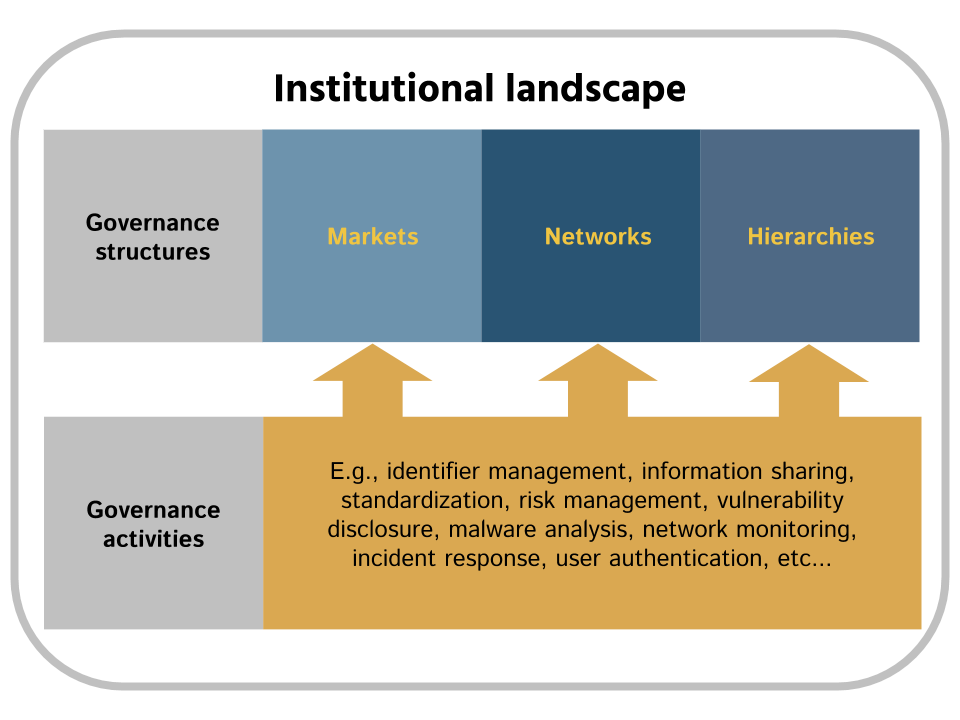INTERPOL-इंटरपोल
What is Interpol?
Stands for International crime police. The first significant move towards creating INTERPOL was in 1914 at the First International Criminal Police Congress .
Established-
It was Started in 1923.
Status at UNO-
In 1996 it received he status of observer in U.N.O. General assembly.
Members –
It has currently 196 members.
- The INTERPOL General Assembly has voted to admit the Republic of Palau as a new member country, bringing the Organization's total membership to 196.
Head Quarters –
Its head quarter is at Lyons (France).
It is the second largest intergovernmental organization after the United Nations, in terms of number of member states .
Non members of INTERPOL –
Federated States of Micronesia, Kiribati, North Korea, Palau, Solomon Islands, Tuvalu, Vanuatu.
Interpol has following objectives.
1-Co-ordination in prevention and control of crimes.
2-It identifies the international criminals and It can issue red corner notice against international criminals and terrorist.
3-The U.N.O. and Interpol are trying to groom a Global police Force which will target for place keeping in the Rogue nations. The Norwegian external affair ministry will contribute in its formation.
Its broad mandate covers virtually every kind of crime, including crimes against humanity, child pornography, drug trafficking and production, political corruption, copyright infringement, and white-collar crime.
An Interpol notice
Is an international alert used by police to communicate information about crimes, criminals and threats to their counterparts around the world. They are circulated by Interpol to all member states at the request of a member
There are eight types, seven of which are colour-coded by their function: Red, Blue, Green, Yellow, Black, Orange, and Purple.
The most well-known notice is the Red Notice which is the "closest instrument to an international arrest warrant in use today.
It doesn't issue mandatory international arrest warrants. And its agents don't carry guns.
Interpol is basically a bulletin board where national police forces around the world can post their wanted notices and requests for information. Some nations have voluntarily decided to give these requests binding legal force.
Methodology
-INTERPOL is not a supranational law enforcement agency and has ….no agents with arresting powers.
-It is an international organization that functions as ….a network of criminal law enforcement agencies from different countries.
- The organization thus functions as …an administrative liaison among the law enforcement agencies of the member countries, providing communications and database assistance, mostly through its central headquarters in Lyon
Coordinationg Bureau in India-
The Central Bureau of Investigation (CBI)
Criticism:-
-Some of its role in arrests were politically motivated.
-United Nations High Commissioner for Refugees pointed to the problem of arrests of refugees on the request of INTERPOL in connection with politically motivated charges.
-Non-democratic states use INTERPOL to harass opposition politicians, journalists, human rights activists, and businessmen.
-The countries accused of abusing the agency include China, Russia, United Arab Emirates, Qatar, Bahrain, Iran, Turkey, Kazakhstan, Belarus, and Tunis.Eg.
2014 Russian intervention in Ukraine-controversy
On 25 July 2014, despite the fact that Constitution prohibits Interpol to undertake any intervention or activities of a political or military nature, the nationalist paramilitary leader of Ukraine Dmytro Yarosh was placed on Interpol's international wanted list at the request of Russian authorities, later on the international arrest warrant against the former president of Ukraine was suspended pending further review .
Russia and other former Soviet republics like Azerbaijan, Belarus and Kazakhstan are among the top countries which misuse Interpol system
The report published by the Open Dialog Foundation mentions 44 highly political cases, which have passed through the Interpol system. Of these, 18 cases of political persecution originated in Russia, 10 – in Kazakhstan and 5 – in Belarus
---------------------



.jpg)
.jpg)
.jpg)
.jpg)
.jpg)
.jpg)


.jpg)


